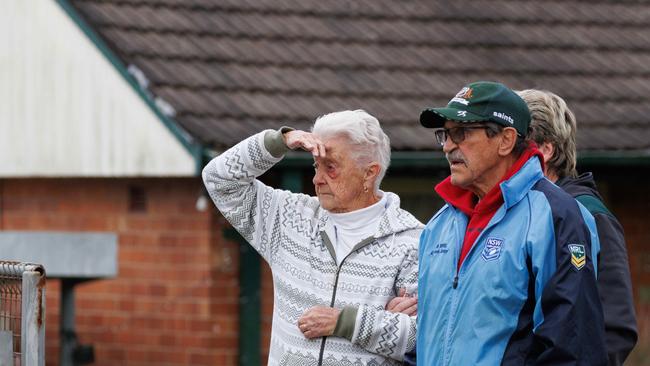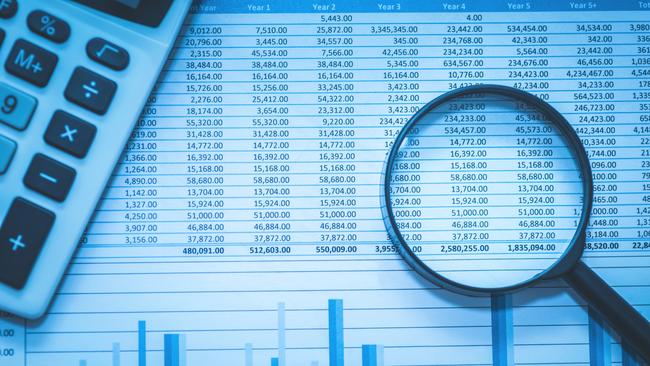Tax office data shows Australians being short-changed $30,000 from their retirement nest egg
Slow moving reforms to the way Aussie workers are paid superannuation is costing the workforce billions of dollars every year.
Super
Don't miss out on the headlines from Super. Followed categories will be added to My News.
Australian workers are missing out on $5bn a year of unpaid superannuation, and being left $30,000 poorer when we retire, an analysis of Australian Taxation Office data shows.
“Unpaid super locks too many Australians out of the full transformative benefits of the retirement system and leaves people poorer when they retire,” Super Members Council chief executive Misha Schubert said.
“Legislation to pay super on payday, combined with a stronger ATO enforcement regime and better support for workers to claim their super after insolvencies, is crucial to ensure millions of Australians who are currently being short-changed are paid their super on time and in full,” Ms Schubert said.

The non-government Super Members Council analysed tax office data, finding people are indeed being short-changed.
In the 2021-2022 financial year, 2.8 million Australians missed out on $5.1bn in legal super entitlements, the analysis found.
The average affected worker missed out on $1,800 in super for the year, meaning $30,000 less is in their retirement savings.

Workers in their 20s who earn less than $25,000 a year had a one-in-two chance of being underpaid their super, Ms Schubert said.
On the whole, women, people in insecure work, migrant workers and younger workers are more likely to have unpaid super.
The Super Members Council is pushing for reforms so that super must be paid on payday - rather than once a quarter as is the current mandate - and the council wants the ATO to be set unpaid super recovery targets.

The federal government pledged to enact payday super payment legislation by 2026, though any such bill has not reached parliament.
A 13-month industry consultation ended in June, changes will be built into next year’s federal budget, and the nuts and bolts of the payday super payment regime are being designed currently, which will take two years to mid-2026.

Another issue is unpaid super often only comes to light when a company fails. Often it is the ATO - as petitioning creditor - which initiates a liquidation.
“Paying super on payday will modernise the super system and should hugely reduce underpayments. It’s an excellent example of reform to benefit super fund members, which will make super fairer for workers and employers alike,” Ms Schubert said.
Originally published as Tax office data shows Australians being short-changed $30,000 from their retirement nest egg



